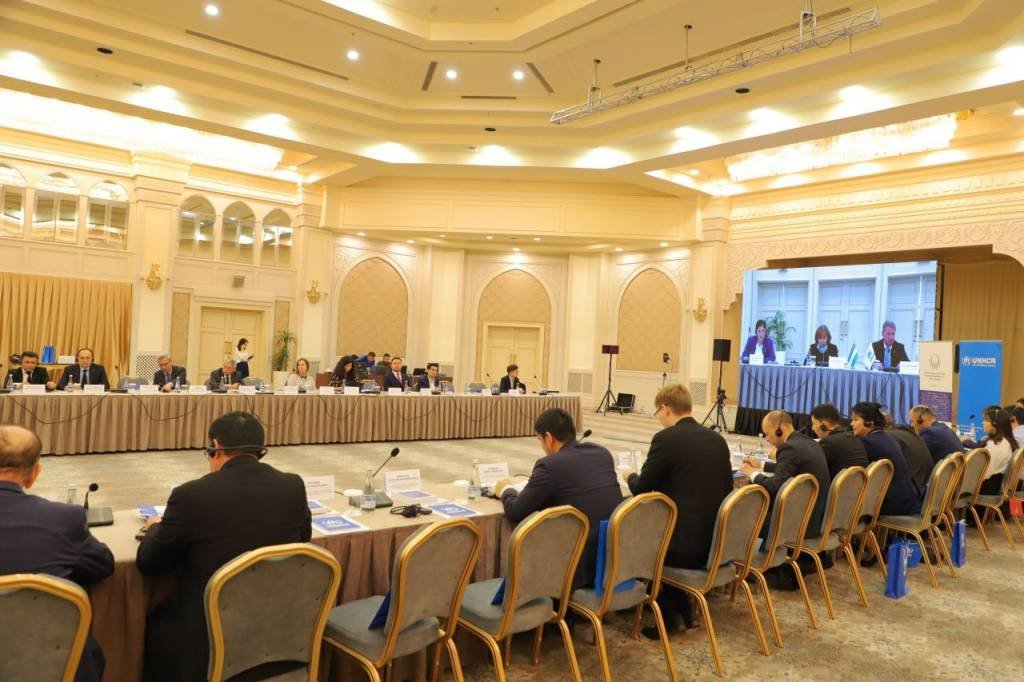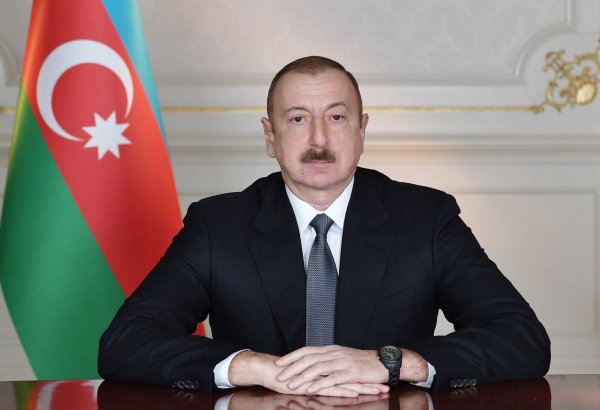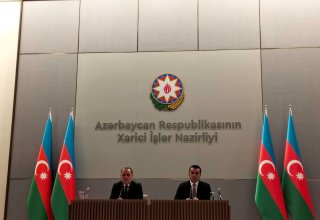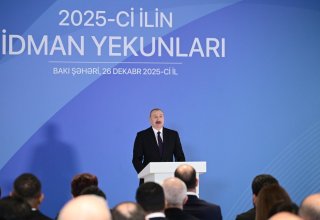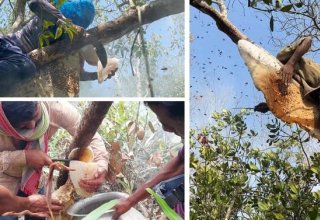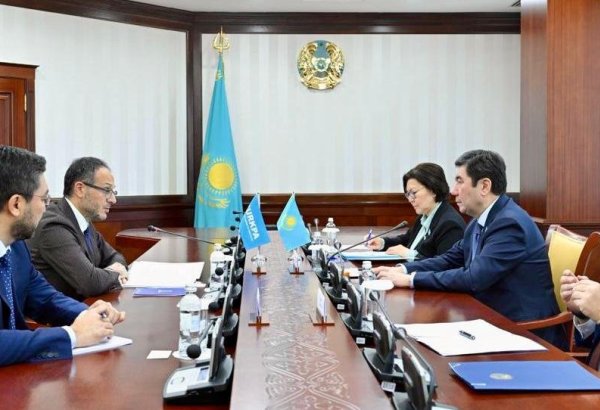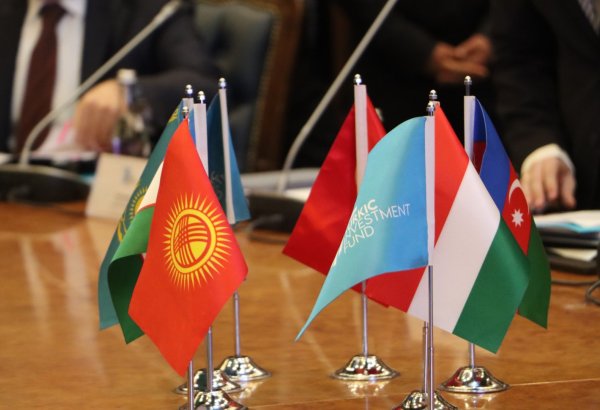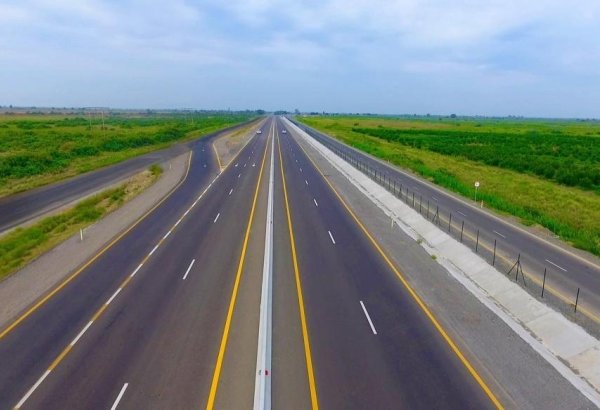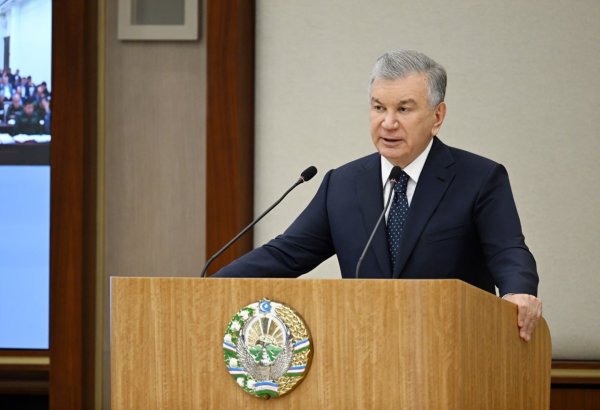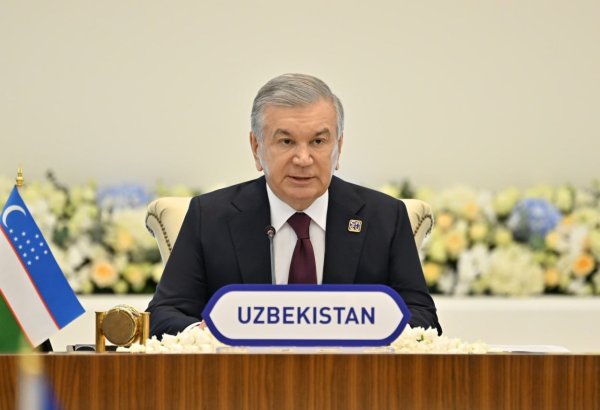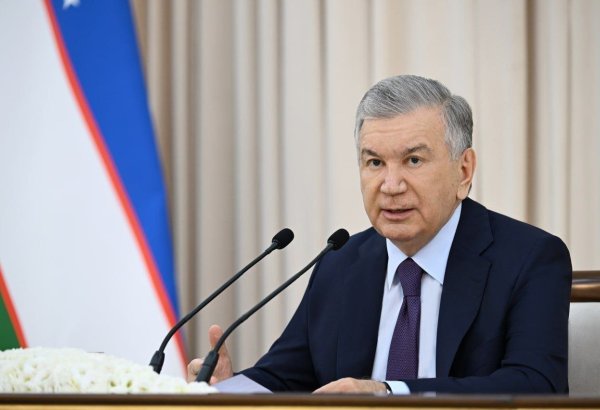Uza. The National Center for Human Rights of the Republic of Uzbekistan, together with the Office of the United Nations High Commissioner for Refugees, held a presentation of the Analytical Report on the legislation and practice of the Republic of Uzbekistan in the context of the prospect of joining the 1951 Refugee Convention and its 1967 Protocol.
According to the National Center of the Republic of Uzbekistan for Human Rights, the presentation was organized for representatives of the Senate and the Legislative Chamber of the Oliy Majlis of the Republic of Uzbekistan, the Ministry of Foreign Affairs, the Ministry of Internal Affairs, the Office of the Ombudsman, the Academy of the Ministry of Internal Affairs, the State Security Service, the Prosecutor General’s Office, the Law Enforcement Academy, the University of Public Security, Tashkent State University of Law, the University of World Economy and Diplomacy, representatives of UN agencies and diplomatic missions.
UNHCR Representative for Central Asia Hans Friedrich Schodder, Deputy Director of the National Center of the Republic of Uzbekistan for Human Rights Dilnoza Muratova addressed the event.
The analysis was conducted by UNHCR at the request of the NCHR within the framework of assisting the intention of Uzbekistan, expressed at the 30th session of the Universal Periodic Review (UPR) on Human Rights of the UN Human Rights Council, to consider acceding to the 1951 Convention relating to the Status of Refugees and its Protocol 1967.
The NCHR and UNHCR have been collaborating since 2020 to support Uzbekistan in implementing the recommendations of the Universal Periodic Review regarding the reduction and prevention of statelessness and the protection of refugees.
This year, both organizations will continue to cooperate through a series of joint events, exchange of experience and best practices to develop capacity and expertise in the legal protection of refugees and stateless persons.








